What To Look For In A Manufacturing Partner
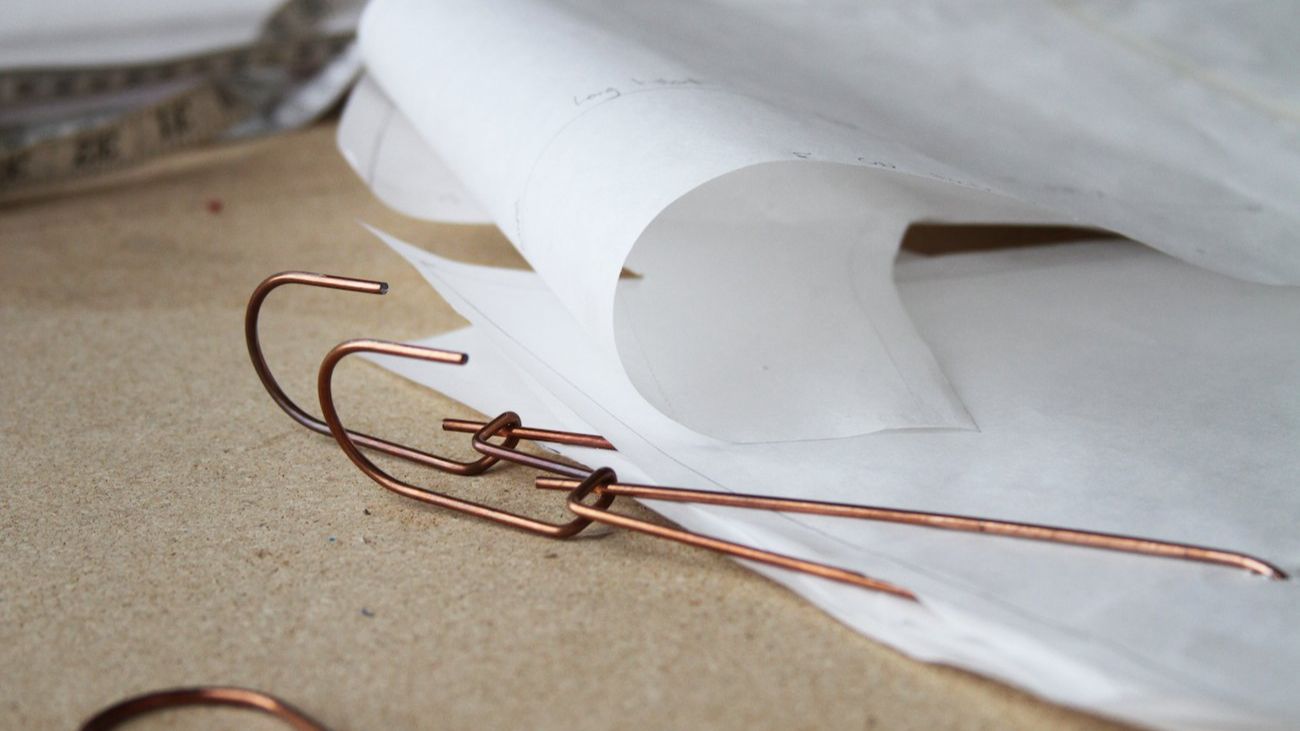
Manufacturing Partner: Find the right one for your Brand - Fashion Insiders One of the challenges most often faced and talked about in fashion is the delicate matter of finding a manufacturing partner – the right manufacturer – for you and your brand. We are quick to know what is right and wrong, good or bad in everyday matters, but when it comes to finding a factory, everyone seems to panic and forget to apply what they already instinctively know.
How to find a good manufacturing partner
So, here are some reminders that should help you sort the good from the bad.
Respect for other people’s work
One of the main ways to finding a good manufacturer is going to meet them. Once you are there, notice how they talk about their work, also about existing and past clients.
Are they respectful? Do they bad mouth past clients? Do they show you what they are currently working on for other designers? Do they treat their show samples and past examples of work kindly, or are they dirty, scruffy ...
The Do's & Don'ts of Communicating with Factories
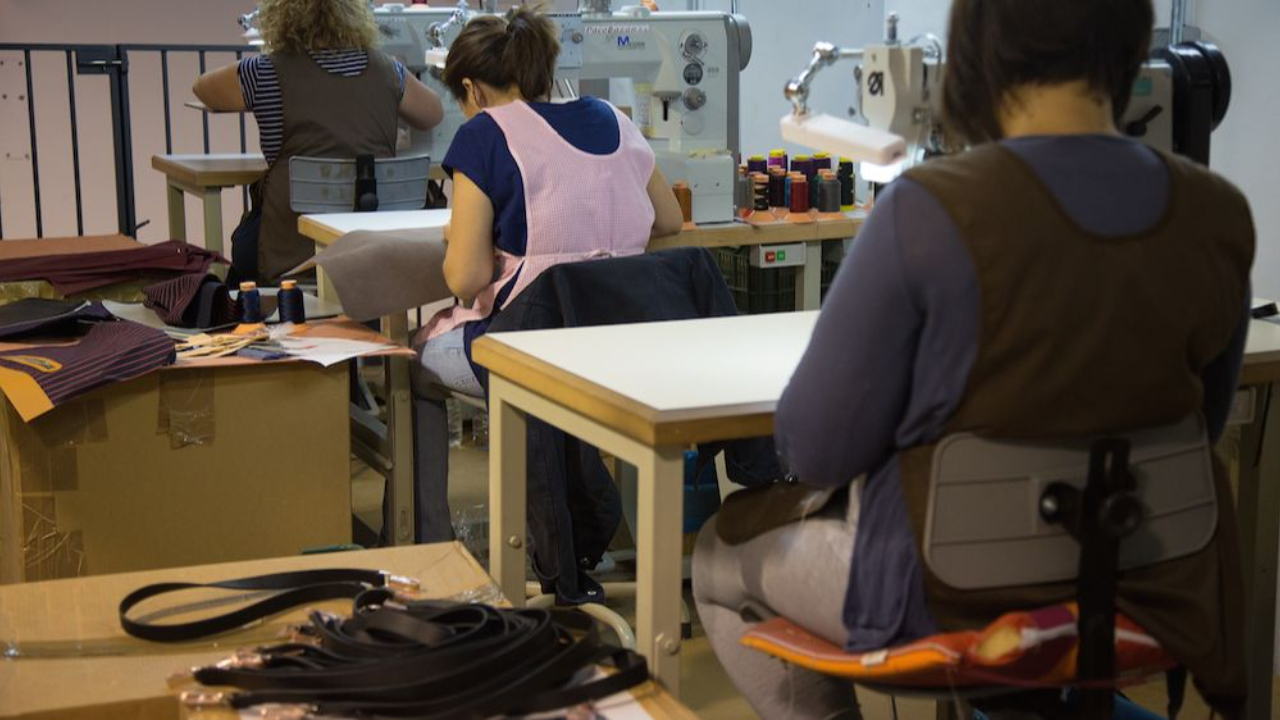
How frustrating is it when you contact factories or suppliers and get no response? Regardless of whether you are contacting them for business, pricing or for more information, you mean business, so why don’t they reply? Here are the Do’s and Don’ts of communicating with factories so that you get better results.
It is always a little confusing after you pitch to a factory with an email or letter asking for information or a quote and they never get back to you. It is hard to understand why anyone would turn down the opportunity to build new connections and create new business. But the simple truth is that suppliers often receive many enquiries from designers and fashion start-up businesses, that rarely result in orders for that supplier.
Here is some advice on communicating with factories:
Don't contact a supplier before you're ready
Make sure you are well organised so you can order - and provide - accurate and well-structured prices and guidelines. Suppliers are going to need certai...
5 tips on how to work with a manufacturing supplier

Patrick Morrison, the founder of Furious Goose, shares his experiences after encountering a production issue with his manufacturing supplier.
Morrison established Furious Goose in 2014. His brand designs and produces luxury fashion accessories and fabric prints for interiors. The silk scarves, pocket squares and cushions are all printed and hand-finished in the UK.
As a recently launched luxury accessories brand, we’ve found that our greatest challenge is finding, choosing and managing our suppliers. We are aiming for the top-end of the market, so quality and attention to detail are just as important as our designs, and our suppliers are extremely important to us.
Early on in our product development, we approved a proof where the reverse of a scarf was about 85 per cent ink density when compared to the front. This is reasonable for a digital print onto heavy satin. We said: “Go go go!” and waited with bated breath for our first batch of scarves to arrive.
On opening the box we inst...
5 tested tips for finding the right fashion manufacturer

Finding the right fashion manufacturer is not as tricky as many believe it to be. Like with any first business meeting, you need to go prepared and armed with clear information about who you are, what your business is about, where you want it to go, and what you need out of this meeting.
[convertkit form=784097]
People often underestimate the importance of having this information when meeting a fashion manufacturer, and the importance of creating the right first impressions.
So, let’s dispel this myth and be clear on what is needed to turn that first meeting into a success.
Have a clear vision
Meeting a factory manager or owner is, in effect, a business meeting just like any other. The person on the other side also has a business to run and wants to pick the right client to work with – just like you do.
So, go to this meeting with a clear vision of what your business is about. Practice and be ready to ‘set the scene’ in three sentences – literally! The other side needs to know in...
The importance of Quality Control in fashion manufacturing
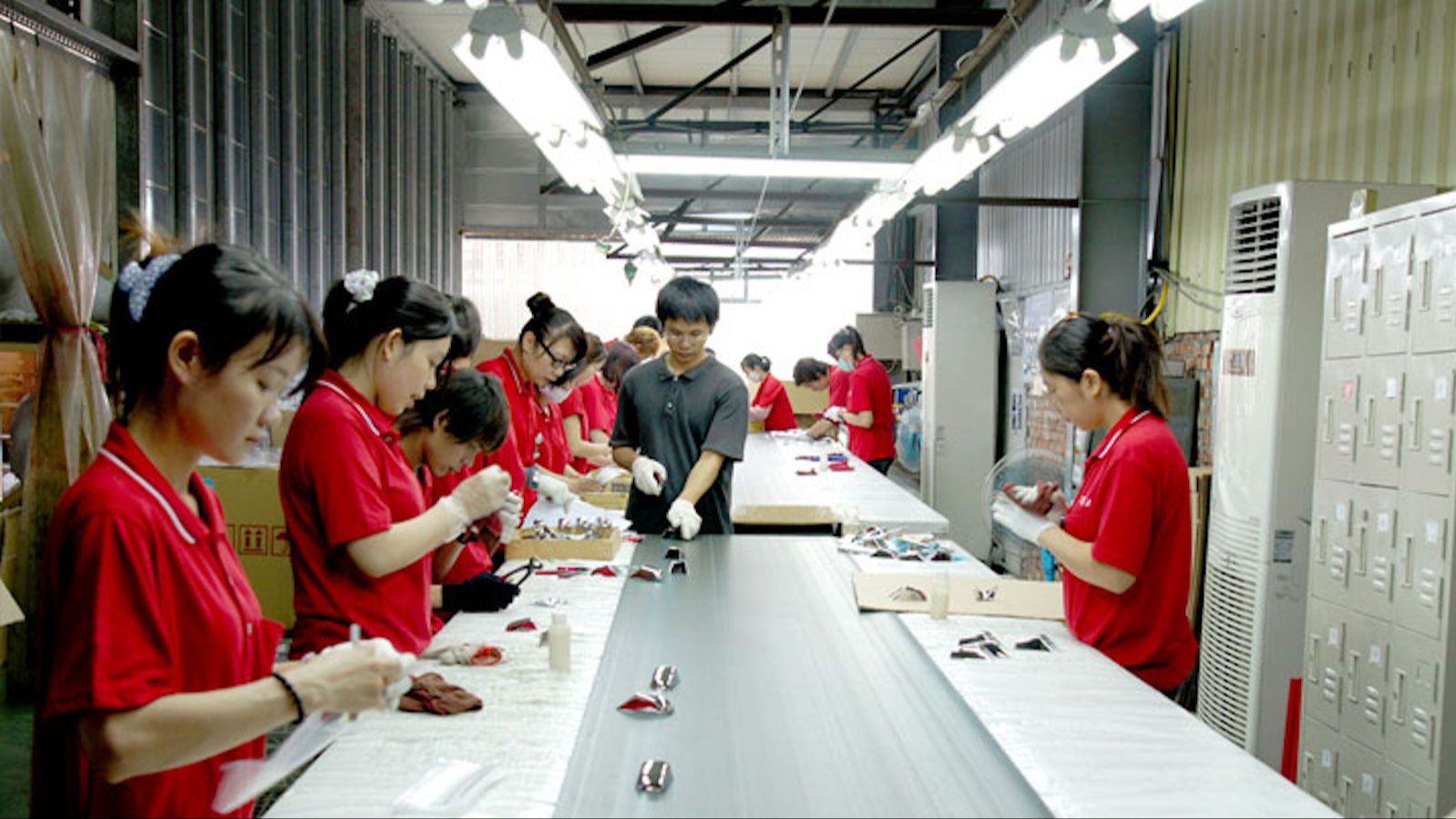
Quality control in the fashion manufacturing industry is incredibly important. Failing to maintain certain standards can lead to all sorts of problems, especially for a start-up company.
Without a track record for selling your products, buyers who do invest in you will expect perfection.
But what exactly is Quality Control?
Simply put, it is a process implemented in factories, for maintaining the best quality throughout every stage of the manufacturing of products.
There are many different quality control processes, including checking materials for flaws and defects, ensuring that colours are correct, and examining the strength of the final product.
In the apparel, accessories and footwear sectors, seams and/or stitching must be neat and strong, and all products must be produced to the same size and standard.
With so many quality control processes involved in the manufacture of products, factory workers should be trained to maintain standards for their own work. These processes w...
11 ways to screen fashion factories before working with them
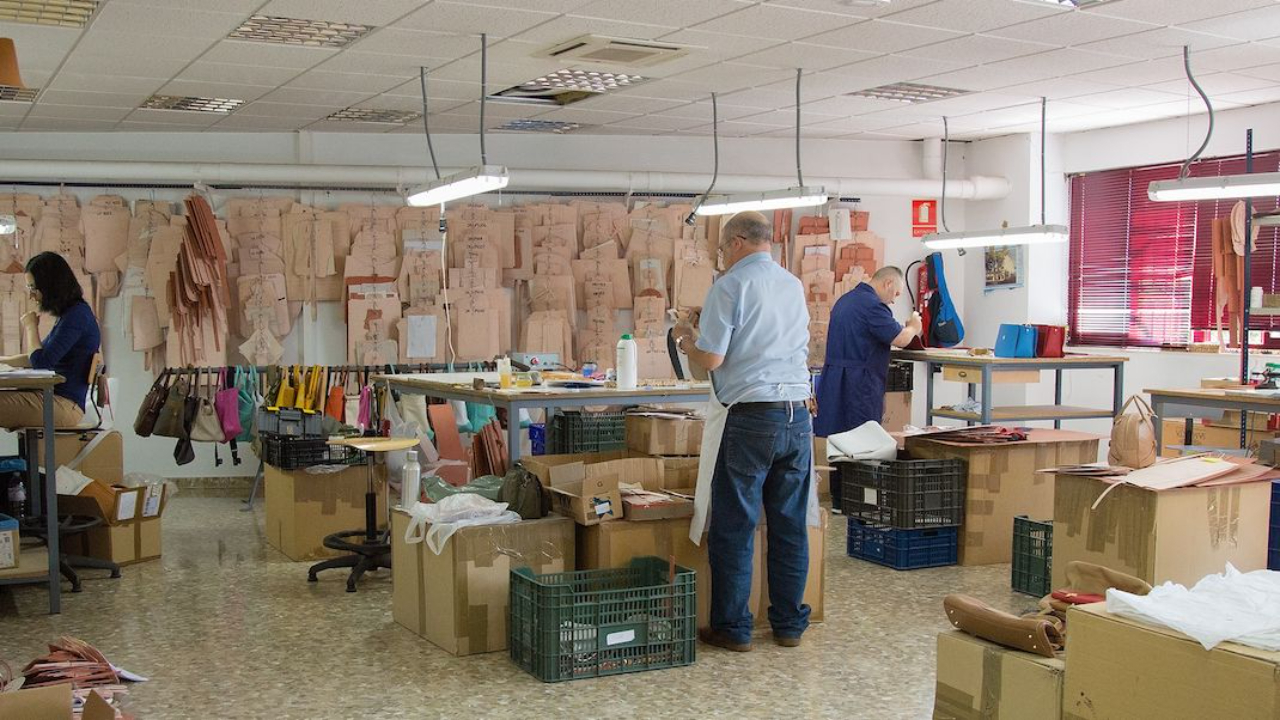
Once you’ve done your research and narrowed the selection down to 3-4 fashion factories, it’s time to start asking questions. The point of this is to gain as much information about each factory and their set-ups as you can, so approach this as if you were interviewing a potential partner for your company.
Your relationship with your manufacturer is one of the most important relationships your company will have. As such, they need to be responsible, trustworthy and reliable. They will need to produce a well-made product, that’s also competitively priced and delivered when you require it.
Your approach should be friendly with an attitude that says “I am a brilliant company and I’d love to work with you.” Flatter them. However, try not to get too excited until you’ve asked some pertinent questions.
The initial contact with any potential factories should be to determine what kind of manufacturing they do and whether they’re a good fit for your particular needs.
Here's a short outl...
11 Top Tips for Working with Indian Manufacturers
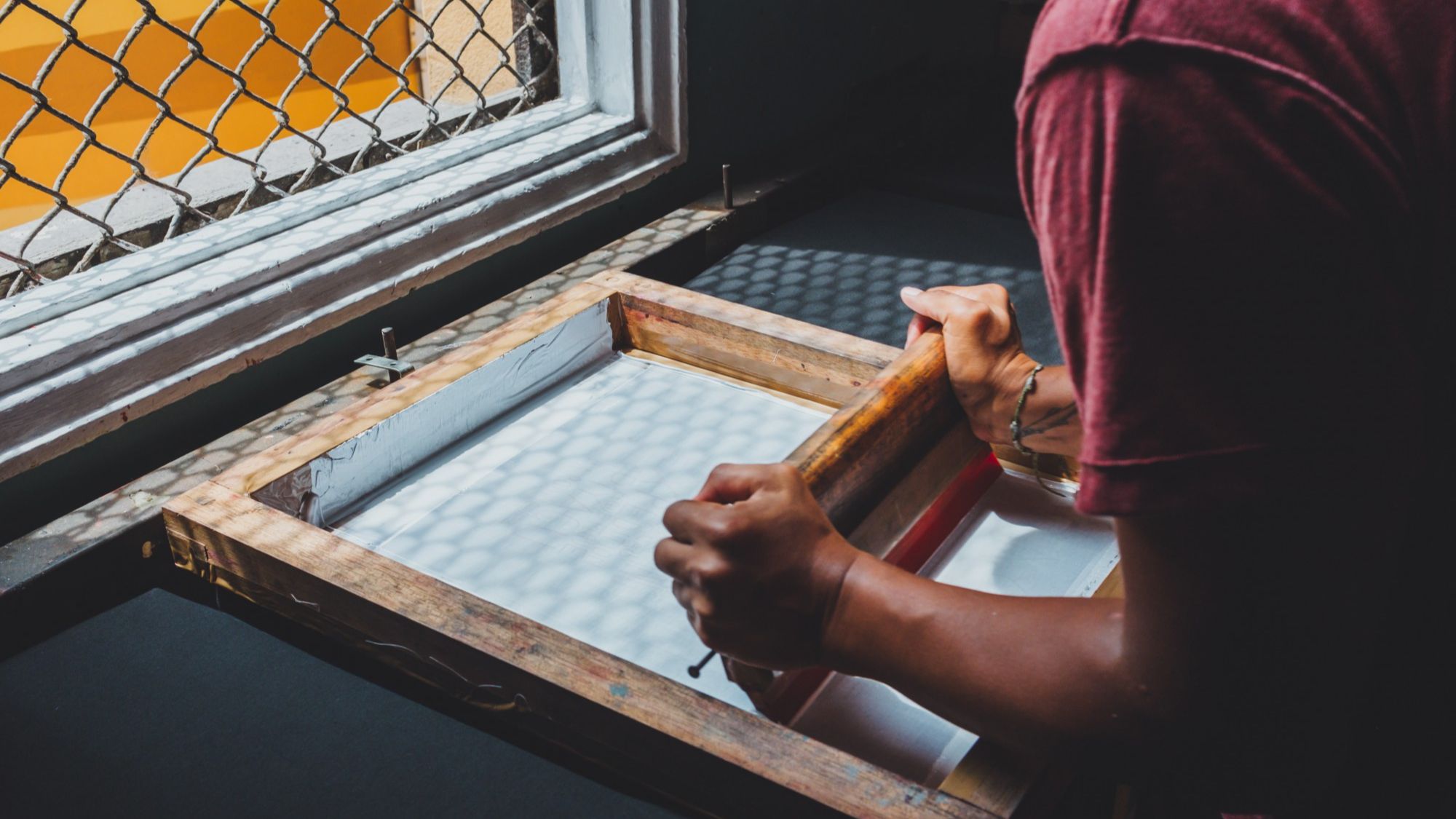
Meenal Malhotra is a seasoned fashion manufacturing professional. Originally from Delhi, she studied fashion design there, before working in the fashion industry. As soon as she had some experience under her belt, Meenal set up her own manufacturing unit and worked with international and local brands. She has recently relocated to London and kindly shared her experience on how to work with Indian Fashion Manufacturers, with the Fashion Insiders community.
'How to work with Indian Fashion Manufacturers?', is a question I am most often asked. I just start by saying, "Working with Indian manufacturers and offshore, in general, is not an easy task."
Not because they are difficult but the delivery of the final product is oftentimes based on various factors which might not be in direct control of the manufacturer.
Why the delay?
The process from idea conception to the final product usually takes longer than expected. Delays can happen depending on the time of year in the country of manu...
9 Top Tips to Get the Best Out of Your Pattern Cutter
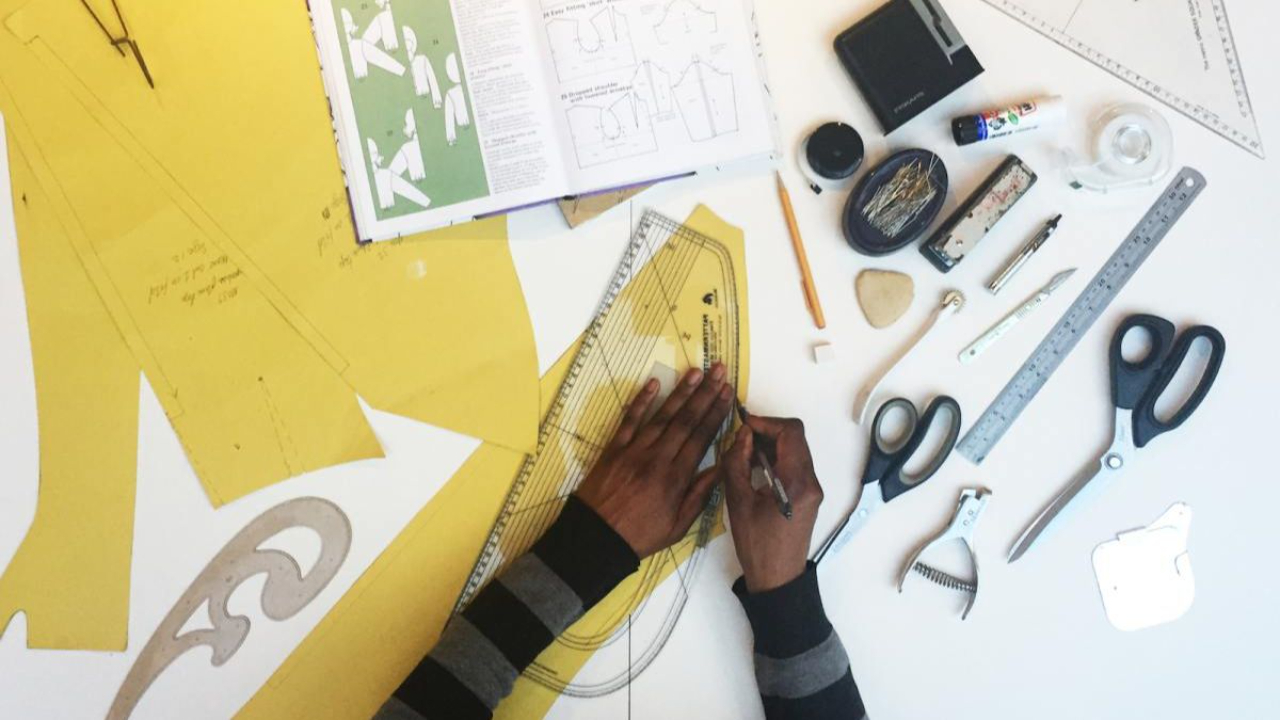
A pattern cutter should be viewed as the fashion designers engineer. It’s a misconception that their role and place in fashion is secondary to that of the designer for many pattern cutters have a vast knowledge of design and construction. Both necessary skills that are required to breathe life into a two-dimensional drawing.
How to get the best out of your pattern cutter should be at the forefront of your mind if you’re about to embark on developing a fashion range.
However, if you’re new to the fashion industry understanding how to find the ‘best’ pattern cutter is, could be hard to decipher.
In the first instance, a pattern cutter will need some information from you and our selection of Top Tips will clarify what that information should be.
1. Sketches and Flat Drawings
In order not to waste time and to be able to get the best out of your pattern cutter, clear, detailed flat drawings are the first items you need to collate for your first meeting.
These should include front and ...
Fashion Brands Need to License Care Labels

Most manufacturers include a number of care labels on their clothes to tell consumers that the garments meet certain standards. Let's understand what instructions must go into Care Labels.
These labels include the washing instructions (care labels) you see when you read that your lovely new knitwear, after it has emerged from the washing shrivelled and discoloured, should have actually only been hand washed at precisely 24.7 degrees by a Benedictine Monk before being dried slowly over a naked flame and beaten by a club.
What you might not know is that these logos are actually a type of trademark called "Certification Marks." These marks provide a guarantee that the goods or services bearing the mark meet a certain defined standard or possess a particular characteristic.
The owner of the mark will generally define what that standard or characteristic is. But as these marks are owned by other people, you will often have to pay for the privilege to use them. Generally, this is done by ...
9 Tips To Help You Find The Right Fashion Manufacturer
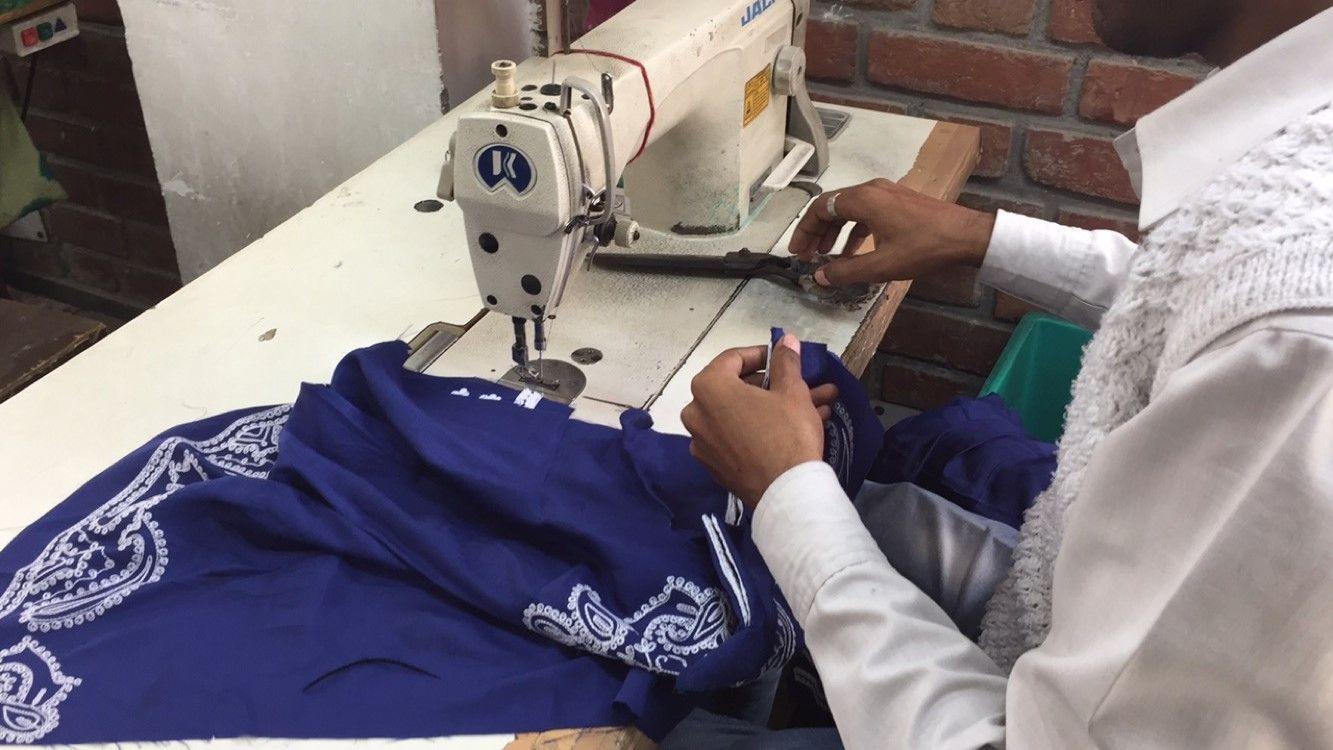
Finding the right fashion manufacturer for your idea is not an easy task at the best of times. In fact, entering the world of manufacturing can be a heady mix of initial excitement followed by angst, unnecessary expense, and frustration.
Please don’t let that put you off.
By thoroughly researching the market you will find the right type of manufacturer. One that can do all they profess, for a fair price and the quality you are hoping for.
If you know nothing about how the industry works, read up on it via the Toolkit articles.
But in order to find THE ONE, you need to forget all you think you know and instead use your common sense and wise up. In fashion manufacturing, appearances can be deceptive.
What may look like an amazing factory and you may think "...how lucky to have found it" can bring your business down. And one that looks like small and not so "professional," can be the best thing that happened to your business.
Let's show you how to vet a factory and what to look for ...

